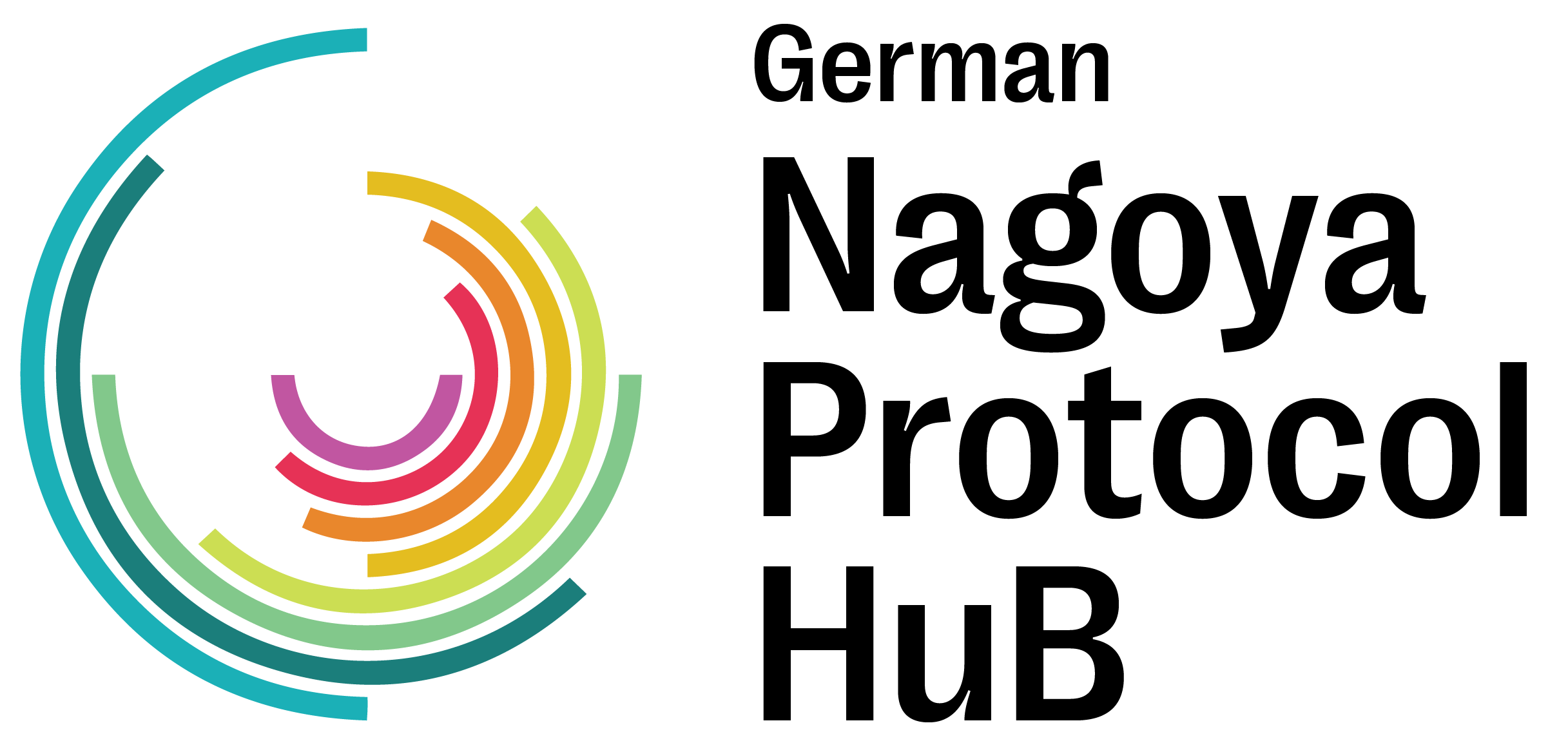There are a number of implications for researchers arising from non-compliance. There are legal implications arising from:
- failure to comply with the ABS laws of the country providing material
- failure to comply with your benefit-sharing agreement in accordance with contract law
- failure to comply with the EU Regulation
Non-compliance may also affect other aspects of researchers’ work like:
- the ability to publish
- reputation
- ability to work in certain countries or collaborate with certain institutions
Implications of non-compliance in Germany
Non-compliance in Germany is:
- failure to fulfill your due diligence obligations. That includes not seeking, keeping and transferring information about “genetic resources” when required as well as failing to lodge a due diligence declaration;
- failure to stop utilisation if information becomes available that you need ABS documentation for your research material and you don’t have it; or
- failure to support a user check by the BfN.
In Germany, non-compliance with the EU ABS Regulation is an administrative offence. Whether an individual or their institution will be held responsible for non-compliance will depend on the circumstances of each case.
![]()
Nagoya Protocol countries cooperate. The BfN can potentially inform the National Focal Point and Competent National Authority in a provider country about non-compliance detected in Germany. These authorities may choose to take action against researchers according to their own national law (within their own jurisdiction). Some countries take this very seriously, imposing high fines or even jail terms.
Remedial orders
The BfN will make remedial action to be taken by researchers who have not fulfilled their due obligations under the Regulation EU (No) 511/2014. The purpose of such an order is to ensure that unlawful utilization of material does not continue.
In cases where researchers do not have necessary ABS documentation, an order may be made which, for example:
- prohibits further utilization and transfer of the material;
- prohibits the publication or sharing of any results of utilization.
Researchers do have the opportunity to go back and get the necessary documentation and then continue with their research. If documentation is required and cannot be obtained, then use of the material for research must stop indefinitely.
Confiscation
The BfN is authorized to confiscate objects that relate to an infringement, e.g. material or research results.
Fines
Intended or negligent non-compliance with Regulation (EU) No 511/2014 or any remedial orders issued by BfN is an offence which can attract a fine of up to €50,000.
The fine imposed by BfN can also include any economic profit gained from the unlawful use of material (or the associated traditional knowledge).
Non-regulatory implications of non-compliance
Biopiracy claims and damage to your reputation
Biopiracy refers to situations where researchers take material and use it without permission and in the absence of benefit-sharing arrangements. Whether biopiracy claims are true or not, they can have long lasting impacts on the reputation of an individual and their institution. It also leads to a loss of trust in the provider country.
What might happen as a result?
- negative press
- blacklisting of you and/or your institution, which makes future work in the same country where the alleged biopiracy took place impossible or extremely difficult.
![]()
Consider the long term impacts of reputation loss for you and other researchers from your institution.
Difficulties with publishing or retraction of papers
Some journals already ask whether your research has been done in a Nagoya Protocol/ABS compliant way. If not, sorry – no publication.
Papers could also potentially be retracted if it comes to light at a later point in time that you did not comply with your ABS obligations.
Refusal to deposit
Some collections may refuse deposition of your material if Nagoya Protocol compliance cannot be assured.


